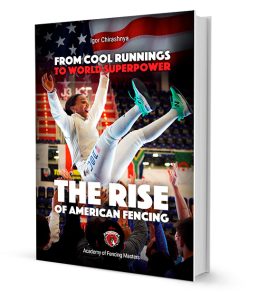Fencing, like any competitive sport, is a rollercoaster of emotions. Victories can elate fencers, filling them with a sense of accomplishment and pride. However, on the flip side, defeat can be a bitter pill to swallow, especially for young athletes who may struggle...













